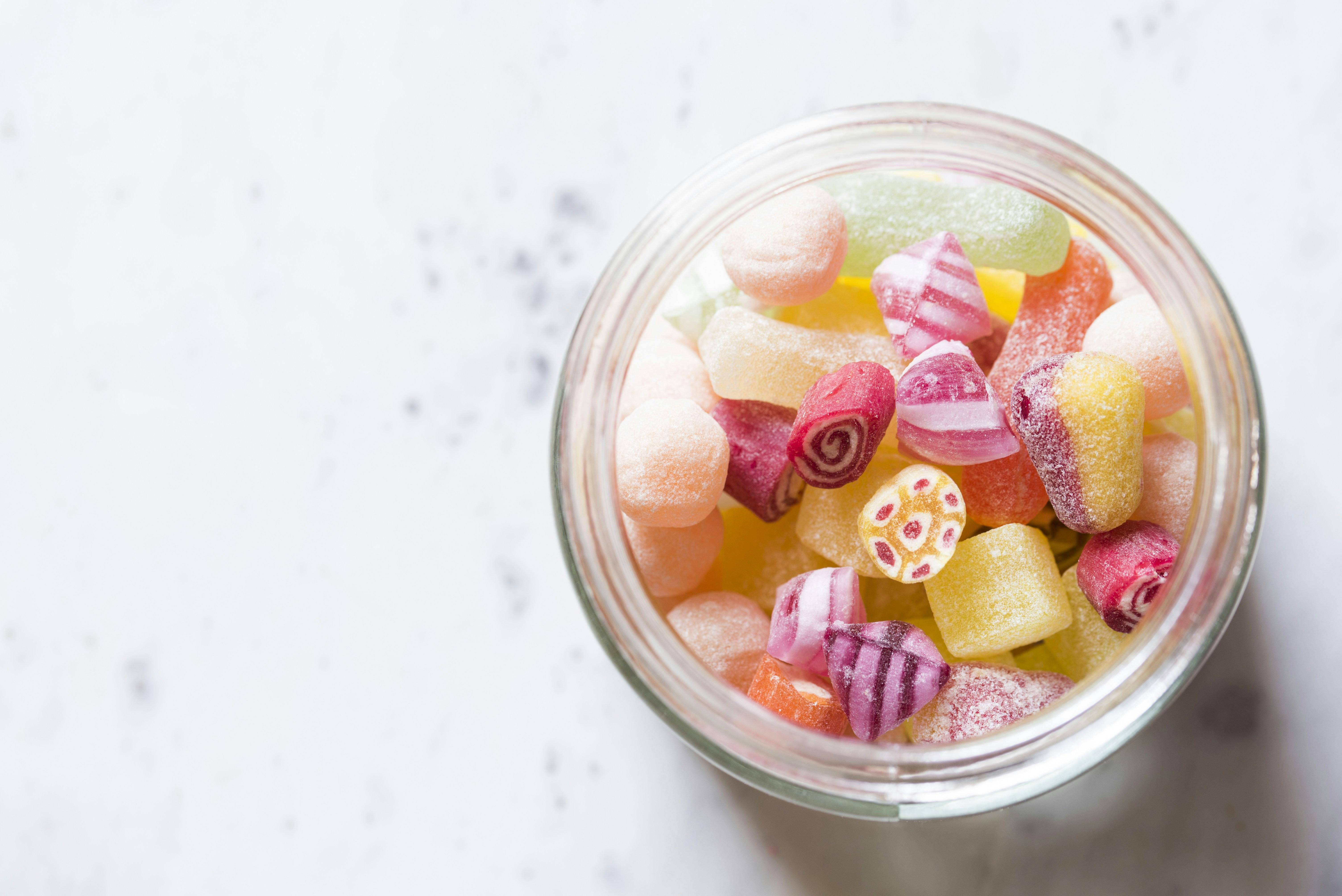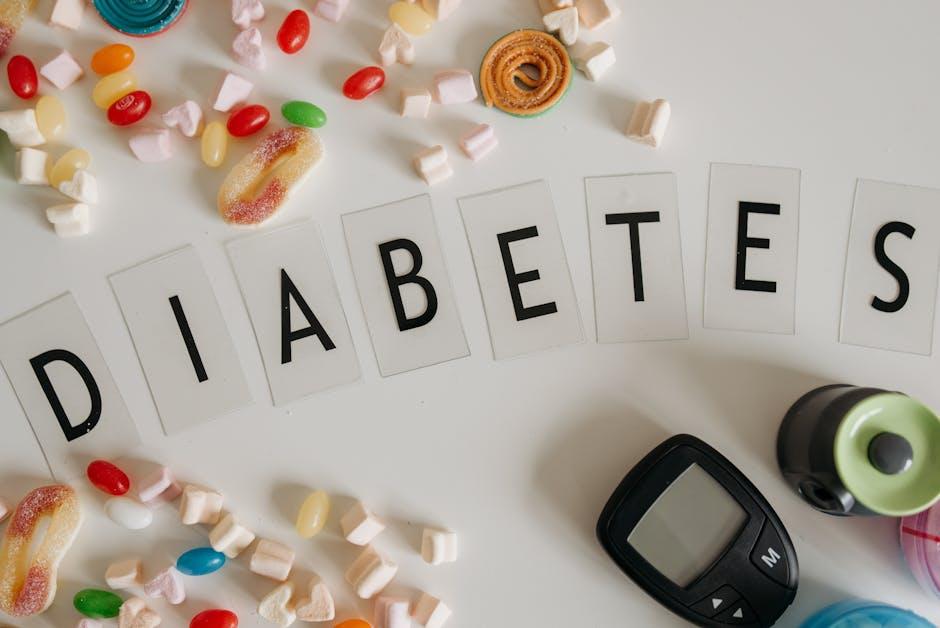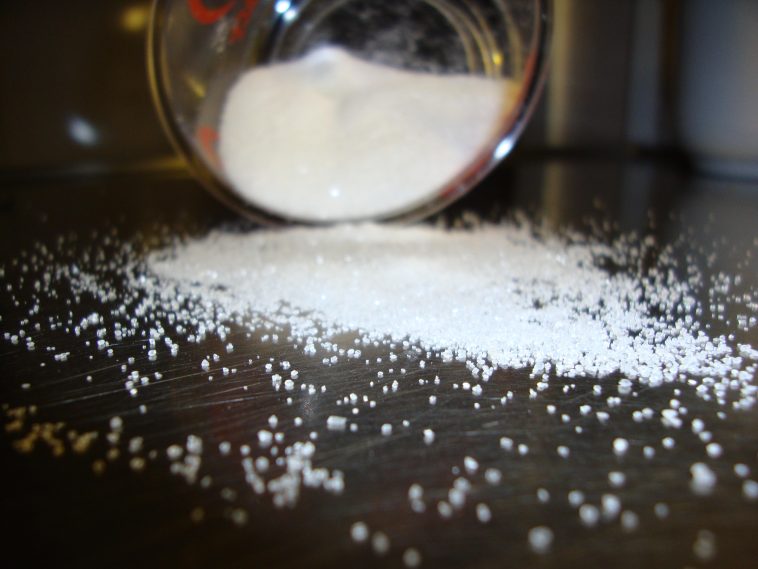In the quiet moments of morning, as the world begins to stir, millions of people reach for their ritualistic cup of coffee or tea, often adding a spoonful of sugar to sweeten the start of their day. This simple act, woven into the fabric of daily life, is cherished for the comfort and energy it provides. Yet, beneath its familiar surface lies a question that stirs both curiosity and concern: does this addition of sugar, so seemingly innocuous, carry with it a hidden risk of cancer? As we delve into the complexities of dietary habits and their potential health implications, we embark on a journey to explore the intersection of science, lifestyle, and the ever-evolving narrative of what it means to live healthily. Join us as we sift through the research, unravel myths, and seek clarity on whether this sweet tradition could have a bitter side.
Understanding the Sweet Dilemma: Sugar and Its Potential Health Impacts
In the intricate dance of flavors that defines our morning rituals, the addition of sugar to coffee or tea is a decision that marries taste with potential health considerations. While sugar enhances the sweetness, the question of whether it contributes to an increased cancer risk is complex. Scientific research is continually evolving, and while no definitive link has been established between moderate sugar consumption and cancer, there are certain nuances to consider.
- Metabolic Effects: Excessive sugar intake can lead to obesity, a known risk factor for various types of cancer.
- Inflammation: High sugar diets may increase inflammation, which has been associated with cancer development.
- Insulin Resistance: Consistently high sugar levels can lead to insulin resistance, potentially influencing cancer risk.
Thus, while adding a spoonful of sugar to your morning brew might not directly increase cancer risk, it’s important to consider the broader context of overall diet and lifestyle. Moderation remains key, as well as being mindful of the cumulative effects of dietary choices.

Exploring Scientific Evidence: The Link Between Sugar Consumption and Cancer
When it comes to the potential health impacts of sugar, many wonder if their morning ritual of adding a spoonful to coffee or tea could be linked to cancer. While research is ongoing, it’s crucial to consider the complexities involved. The relationship between sugar and cancer is not straightforward, but some scientific evidence suggests that high sugar consumption might influence cancer risk indirectly. For instance, excessive sugar intake can lead to obesity, which is a known risk factor for various types of cancer. The key lies in understanding how sugar impacts our body and how it might contribute to an environment that fosters cancer development.
- Insulin and Growth Factors: High sugar levels can cause elevated insulin and insulin-like growth factors, which have been linked to cancer cell proliferation.
- Inflammation: Consuming excessive sugar may lead to chronic inflammation, another potential catalyst for cancerous changes in cells.
- Dietary Balance: It’s essential to balance sugar intake with a diet rich in fruits, vegetables, and whole grains, which may help mitigate some of the risks.
Ultimately, while adding a small amount of sugar to your coffee or tea is unlikely to be a direct cause of cancer, it’s wise to be mindful of overall sugar consumption as part of a healthy lifestyle.
Balancing Taste and Health: Moderation Strategies for Sugar in Beverages
Balancing the indulgence of sweetened coffee or tea with health considerations can be a delicate act. While the occasional teaspoon of sugar might not seem like much, habitual consumption can accumulate, potentially influencing long-term health. One strategy is to experiment with natural sweeteners like honey or agave syrup, which can provide a similar taste experience with less refined sugar content. Additionally, integrating spices such as cinnamon or nutmeg can enhance flavor without the need for added sugars.
Consider these moderation strategies to enjoy your favorite beverages responsibly:
- Portion Control: Use a smaller spoon to measure sugar, gradually reducing the amount over time.
- Flavor Infusion: Brew tea with naturally sweet herbs like mint or chamomile to reduce sugar cravings.
- Mindful Drinking: Pay attention to the sweetness level and adjust according to personal preference, keeping health in mind.
- Alternate Sweeteners: Try low-calorie alternatives such as stevia or monk fruit, which can provide sweetness without the extra calories.

Informed Choices: Reducing Cancer Risk Through Dietary Adjustments
When it comes to sweetening your daily cup of coffee or tea, the question of whether sugar increases cancer risk is often pondered. Current research has not definitively linked sugar consumption directly to cancer, but it does highlight some important considerations. Sugar itself isn’t a carcinogen, but its excessive consumption can lead to obesity, which is a known risk factor for various types of cancer, including breast, colon, and pancreatic cancers.
- Balance is Key: Moderation in sugar intake can help manage weight, thus potentially reducing cancer risk.
- Explore Alternatives: Consider natural sweeteners like honey or stevia, which may offer a healthier substitute without compromising taste.
- Holistic Approach: Focus on a well-rounded diet rich in fruits, vegetables, and whole grains to support overall health and potentially lower cancer risk.
By making informed choices about your sugar intake, you can take proactive steps in maintaining a balanced diet and a healthier lifestyle.
Closing Remarks
In the grand tapestry of life, where each thread is woven with choices and consequences, the question of whether adding sugar to your coffee or tea could increase cancer risk is but a single, albeit significant, strand. As we sip on our steaming cups, seeking comfort in the familiar warmth, it’s essential to remain mindful of the ingredients we stir into our daily rituals. While current research offers a mixed bag of conclusions, it reminds us of the importance of moderation and informed decision-making.
the key may lie not just in the sweetness we add to our cups but in the balance we maintain in our lives. As science continues its relentless pursuit of clarity, we are called to engage with the evolving dialogue, staying curious and open to new findings. So, as you ponder your next brew, let it be a moment of reflection—not just on the potential risks, but on the joy and solace that these small daily pleasures bring. Here’s to mindful sipping, informed choices, and the pursuit of well-being in every cup.




